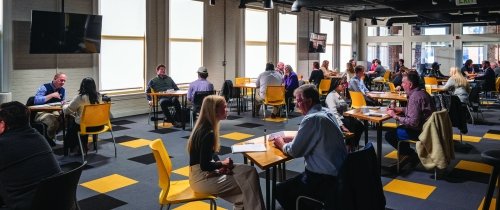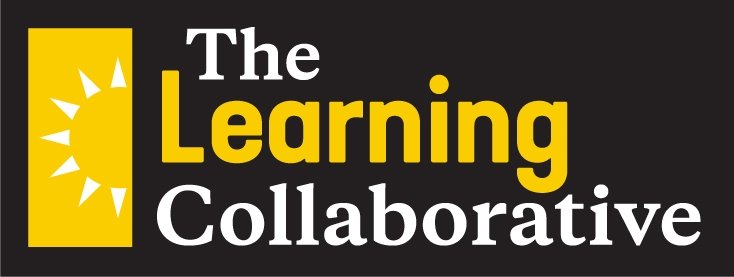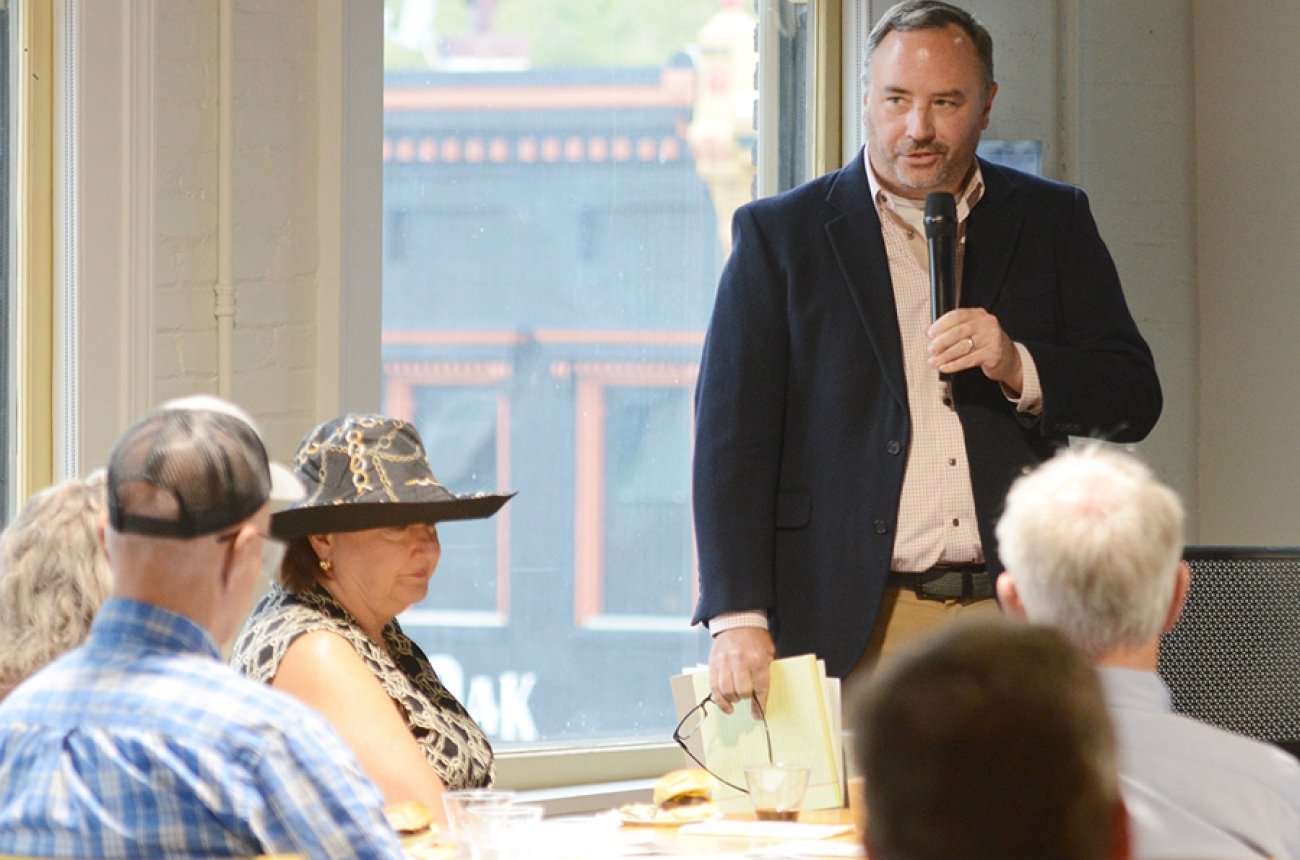
The Learning Collaborative
Vision : Making a liberal arts education accessible to everyone.

The Learning Collaborative aims to share a liberal arts education beyond the walls of Centre College, making learning lifelong and inclusive. The Learning Collaborative includes courses ranging from humanities courses to science-based courses to skills-based courses and beyond. We welcome the community to learn with us in courses led by experts in their fields. The Learning Collaborative is a demonstration of Centre’s commitment to academic excellence, intellectual curiosity, and lifelong learning.


